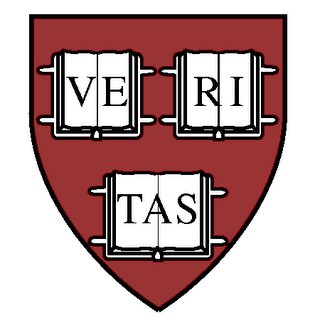A requiem for academic freedom?
Academic freedom on today's college campii goes only as far as the limits of liberal dogma. Articulate any idea that goes against that liberal dogma and you won't last long. Especially in any position of consequence.Summers Quits Harvard Presidency
By DANIEL GOLDEN and ZACHARY M. SEWARD
February 21, 2006 1:21 p.m.Lawrence H. Summers, losing a power struggle with faculty after a turbulent five years as president of Harvard University, resigned Tuesday.
The former U.S. Treasury secretary was expected to announce his resignation in advance of a faculty vote a week on a motion of no confidence in his leadership. Former Harvard president Derek Bok is expected to serve as interim president.
![[Lawrence Summers]](http://online.wsj.com/public/resources/images/HC-EO679_Summer_20051026033647.gif)
Backing for Mr. Summers from Harvard's seven-member governing board, known as the Corporation, has eroded in recent weeks in the face of renewed criticism from many arts and sciences faculty members, the people familiar with the matter said. Former U.S. Treasury Secretary Robert Rubin, a Corporation member who pushed for Mr. Summers's appointment in 2001, remains a supporter and was making calls on his behalf to at least one key Harvard official last week, one person familiar with the situation said. Several board members, including former Duke University president Nannerl Keohane and Urban Institute president Robert Reischauer, have been interviewing deans, faculty members and alumni in recent weeks about Mr. Summers's performance.
Mr. Summers and Corporation members couldn't be reached for comment. A Harvard spokesman declined to comment.
Mr. Summers's supporters, and even some of his detractors, say they are worried it will be difficult for Harvard to find a strong successor now that the faculty has demonstrated its clout. His propensity for controversial comments on educational and national issues was regarded by admirers as a welcome change from other college presidents who devote themselves primarily to fund raising. His resignation could renew concerns about whether presidents of elite universities can use their "bully pulpit" as they once did to express opinions on vital issues without risking their positions.

A sorry state of affairs; especially for a centuries-old proud institution of learning that sports the latin word for "truth" in its very crest:















|